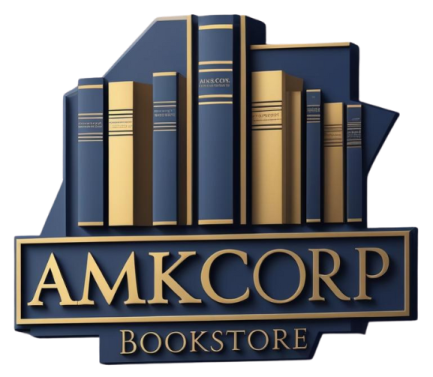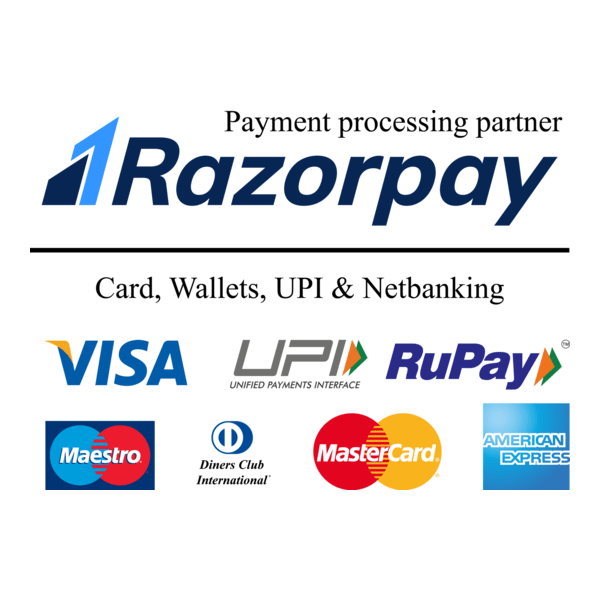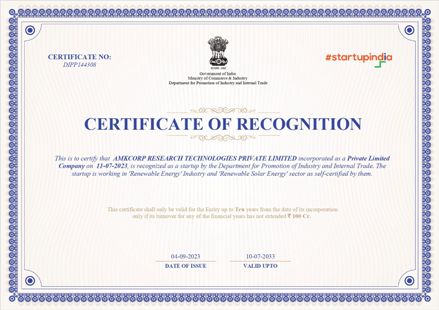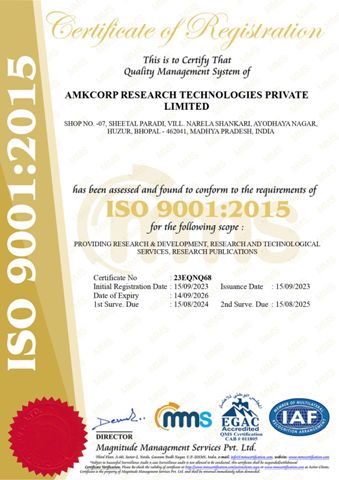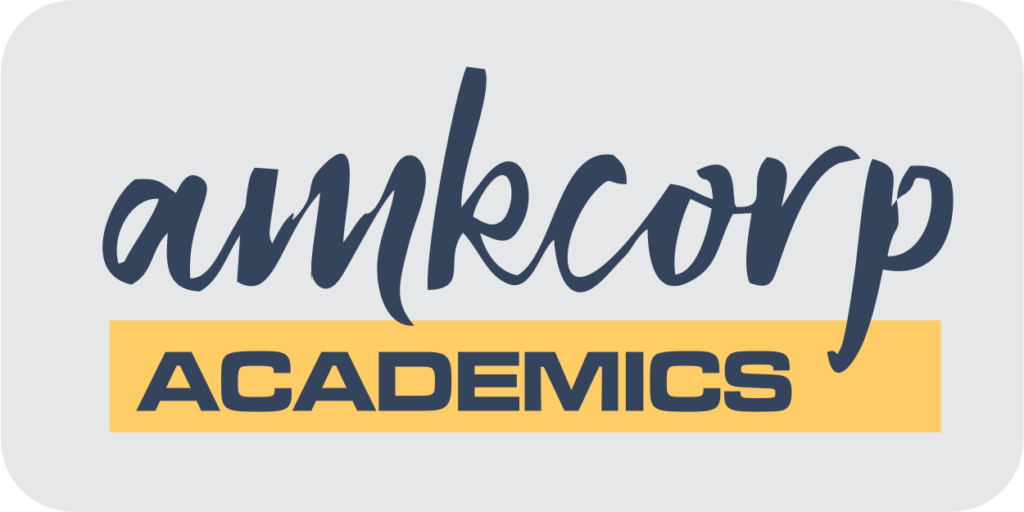
PEDAGOGY AND PRACTICE
EFFECTIVE TEACHING STRATEGIES FOR EDUCATORS
AUTHOR(S) -
Dr. SANNY F. FERNANDEZ, ANH QUANG NGUYEN, ARSLAN ASAD CHAUDHARY, Dr. JUHI BODKHEY
DOI – 10.61909/AMKEDTB082429
Genre/Subject -Management, Education. Teaching Strategies
Book code – AMKEDTB082429 pgs: 200
ISBN(E) – 978-93-6556-338-2
ISBN(P) – 978-93-6556-711-3
Published – 01/08/2024
AUTHOR(S)
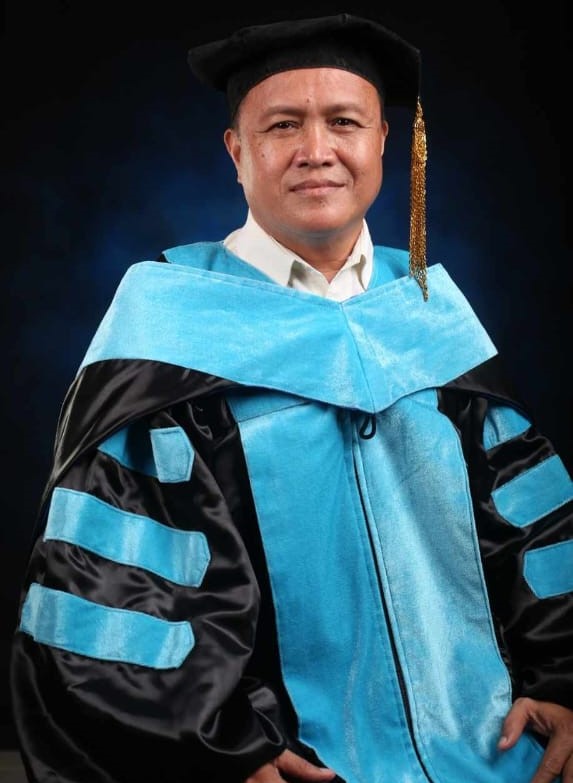
Dr. SANNY F. FERNANDEZ
Dr. Sanny F. Fernandez is an academician who has been teaching for 27 years now since 1997.Three years with the grade school and high school department at Assumption-Iloilo, General Luna St., Iloilo City. Fourteen years at Colegio de San Jose in Jaro, Iloilo City, and 10 years up to the present at Iloilo State University of Fisheries Science and Technology (ISUFST), main campus in Tiwi, Barotac Nuevo, Iloilo, Philippines. He finished his Bachelor in Secondary Education (BSED) major in Mathematics in 1995 at Central Philippine University (CPU), Jaro, Iloilo City. He graduated with his Master of Arts in Education (MAED) with a specialization in Mathematics in 2012 and a Doctor of Philosophy in Education (PhD in Ed) major in Educational Management in 2019, both degrees were obtained at West Visayas State University (WVSU) in La Paz, Iloilo City. He handles general, professional, and major subjects in mathematics in the College of Education. He is a professor in educational management, research, and statistics subjects in the School of Graduate Studies at ISUFST. He held various designations as publication adviser, director of student affairs, director for advancement and linkages, dean of the College of Education, and program chair in Educational Management in the master’s and doctorate programs. He has published and presented various papers to research conferences locally and abroad and won the Best Presenter Award. He also serves as editor and peer-reviewer to several internationally indexed online journals. His passion for teaching and love for learning propelled him to write books.

ANH QUANG NGUYEN
Mr. Anh Quang Nguyen currently holds the position of Assistant to the Dean in the Faculty of Chinese Language at the Diplomatic Academy of Vietnam. His primary responsibilities include conducting scholarly research, synthesizing findings for the Dean, and managing documentation. As an emerging scholar in the educational sector, Nguyen has spearheaded Project 汉字之源, a pioneering initiative in Vietnam’s educational innovation landscape. This project is dedicated to providing open-access learning materials and organizing complimentary educational courses embodying the principles of innovative education. His research interests primarily focus on education governance and innovation, language teaching methodologies, international relations, and Chinese studies.
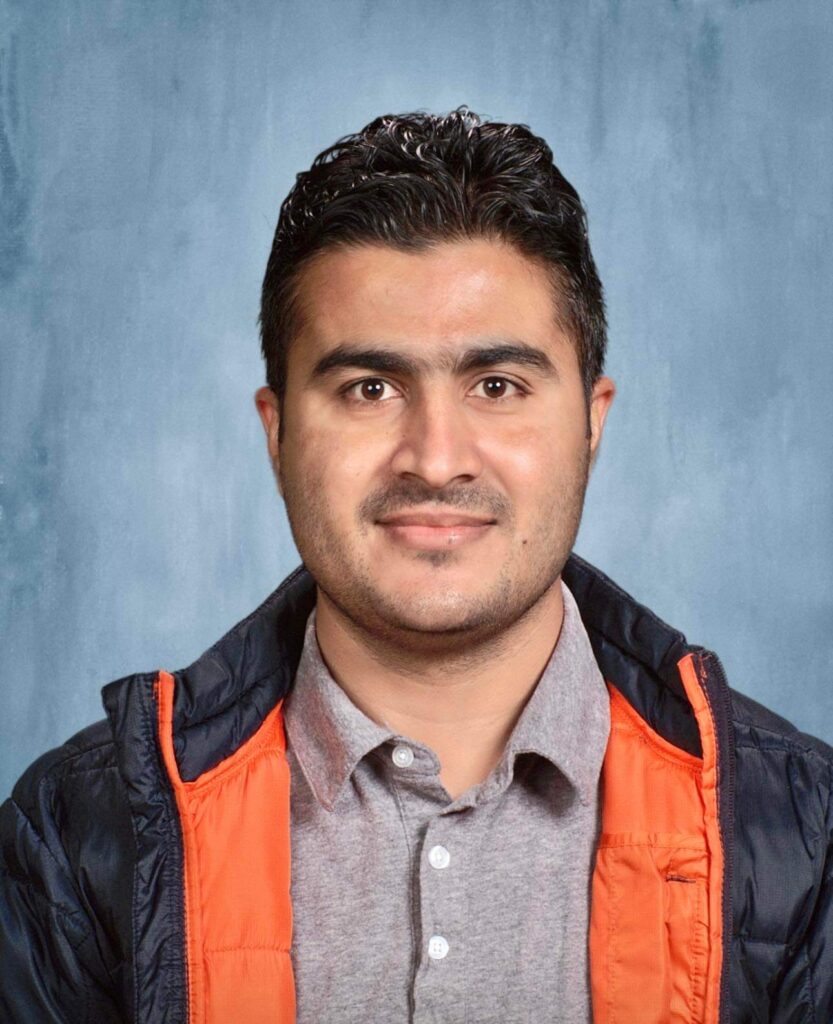
ARSLAN ASAD CHAUDHARY
Mr. Arslan is a dedicated educator with ten years of diverse teaching experience in Pakistan, Vietnam, and the United States. His extensive background in education is bolstered by his role as a supervisor for summer school programs and the 21st Century Community Learning Centers (21st CCLC) after-effects program over the past two years. In these roles, he has successfully managed extracurricular educational initiatives and supported student development beyond the traditional classroom environment.
Arslan holds a Bachelor’s degree in Education, a Master’s degree in English Literature, and a Master of Education (MEd) in Leadership. He is currently pursuing an Education Specialist (Ed.S) degree in Educational Administration and Leadership at the University of South Dakota, further enhancing his expertise in educational leadership and administration.
With a rich background in teaching and a strong foundation in educational theory and practice, Arslan brings a unique and innovative perspective to his writing. He offers insights and strategies that are both practical and grounded in extensive experience. His dedication to education and continuous professional development makes him a valuable voice in the field of education.

Dr. JUHI BODKHEY
Dr. Juhi B holds a Bachelor’s Degree in Science and a Master’s Degree with dual specializations in Human Resource Management and Marketing Management from IGNOU. Her academic journey took a significant turn when she delved into the diverse aspects and importance of research. She completed Ph.D. program in Management at Barkatullah University, Bhopal, and M.P. She is also an Art Enthusiast that she holds the degree in Classical Dance form (Kathak) and has conducted various classes. She has also trained at Air force Academy as a part of NCC and hold ‘C’ certificate with ‘A’ grade. She has represented as Pilot from MP and CG in AIVSC (All India Vayu Sainik Camp) conducted in Bangalore in the year 2007.
Since 2009, Dr. Juhi B has been working as an HR professional with various different corporate organizations. She has also worked as Guest faculty for Management during the initial period of career with a Management Institute. Within few years of work experience she developed her core interest into training field where in she turned herself as a Coach and Trainer for After Market Service with Learning and Development team in Automobile companies and have trained over 3000+ manpower.
Her focus lies in being a Behavioral/Soft Skills coach or providing trainings. Dr. Juhi B brings an affluence of academic and research experience to her multifaceted role in the educational domain as a Guide to research scholars working in association with Educational Institute. She has been into developing the contents on various subject lines for organizations at work. Dr. Juhi B has demonstrated her commitment to scholarly pursuits by authoring over 07 national and international research papers published in prestigious journals.
ABOUT BOOK / ABSTRACT
“Pedagogy and Practice: Effective Teaching Strategies for Educators” is an essential resource for teachers seeking to enhance their instructional methods and classroom management skills. This comprehensive guide is meticulously structured to provide educators with the knowledge and tools they need to create effective, inclusive, and engaging learning environments. The book is divided into ten detailed chapters, each addressing a critical aspect of teaching and education.
The journey begins with Chapter 1: Foundations of Effective Teaching, which explores the historical perspectives on teaching and the key theories of learning and teaching. This chapter lays the groundwork by discussing the principles of effective teaching, understanding student diversity, and the crucial role of teacher expectations. It also emphasizes the importance of reflective practice, creating inclusive classrooms, and building strong teacher-student relationships, all underpinned by professional ethics.
Chapter 2: Lesson Planning and Preparation, focuses on the significance of meticulous lesson planning. It covers setting learning objectives, designing engaging lesson plans, and incorporating educational standards. This chapter also delves into differentiating instruction for diverse learners, integrating technology, and the continuous assessment and revision of lesson plans. Collaborative planning with colleagues and the effective utilization of resources and materials are also highlighted.
In Chapter 3: Classroom Management Strategies, educators will find valuable insights into establishing classroom rules, building a positive culture, and effective communication techniques. Strategies for preventing and managing disruptive behavior, implementing restorative practices, and managing classroom time are discussed. The chapter also covers creating a safe and supportive learning environment and engaging students in self-management.
Instructional Methods and Techniques are the focus of Chapter 4. This chapter provides a variety of teaching strategies, including direct instruction, inquiry-based learning, cooperative learning, and differentiated instruction. It also explores project-based, problem-based, and flipped classroom methodologies, along with scaffolding, guided practice, and blended learning models.
Chapter 5: Assessing Student Learning, equips educators with various assessment techniques and methods. It covers formative and summative assessments, designing effective tools, providing constructive feedback, and utilizing rubrics and checklists. The chapter also discusses assessing student progress, standardized testing, alternative assessment strategies, and the role of self and peer assessments.
Integrating Technology in Education is the theme of Chapter 6. This chapter explores the role of technology in modern education, effective use of educational software, interactive whiteboards, and online learning platforms. It emphasizes digital literacy, blending traditional and digital teaching methods, managing technology-enhanced classrooms, and assessing the impact of technology on learning.
Chapter 7: Teaching Diverse Learners, addresses the strategies needed to support a diverse student population. It includes culturally responsive teaching, strategies for English Language Learners (ELLs), supporting students with special needs, and differentiating instruction for gifted students. The chapter also covers addressing socioeconomic barriers, gender-inclusive practices, teaching in multicultural classrooms, and fostering inclusive learning environments.
Professional Development for Educators, covered in Chapter 8, underscores the importance of lifelong learning. This chapter guides educators in identifying professional development needs, participating in professional learning communities (PLCs), attending workshops and conferences, and engaging in peer observation and feedback. It also discusses pursuing advanced degrees, reflective practice, staying current with educational research, and balancing professional development with teaching responsibilities.
Chapter 9: Parental and Community Involvement, highlights the importance of building partnerships with parents and effective communication with families. It provides strategies for encouraging parental involvement, organizing parent-teacher conferences, collaborating with community organizations, and addressing challenges in parental engagement. The chapter also emphasizes creating a supportive home-school connection and utilizing community resources for enrichment.
The book concludes with Chapter 10: Future Trends in Education, which explores the impact of globalization on education, trends in personalized learning, the rise of STEM education, and the importance of social-emotional learning. It discusses the growth of online and distance learning, innovations in curriculum design, the role of artificial intelligence in education, and preparing students for the future workforce. The evolving role of educators in the 21st century is also examined.
“Pedagogy and Practice: Effective Teaching Strategies for Educators” serves as a vital tool for educators at all stages of their careers, offering practical advice and innovative strategies to foster a dynamic and effective teaching practice.





